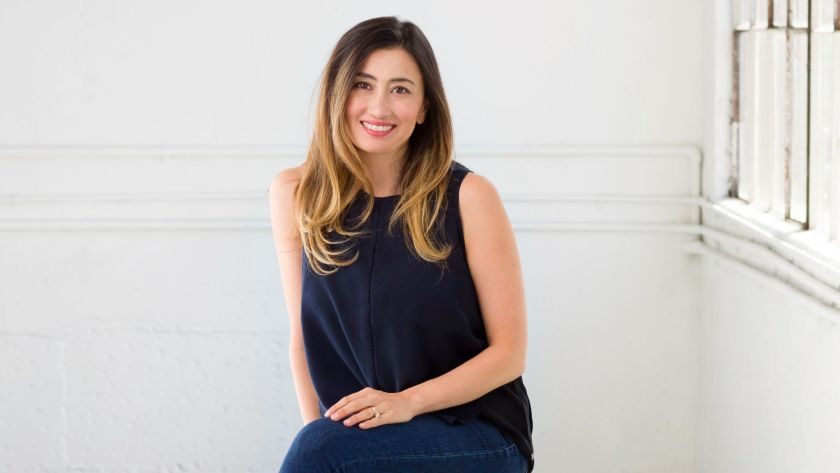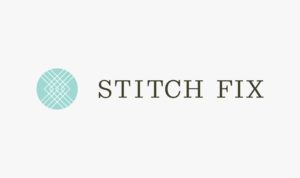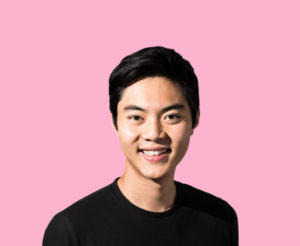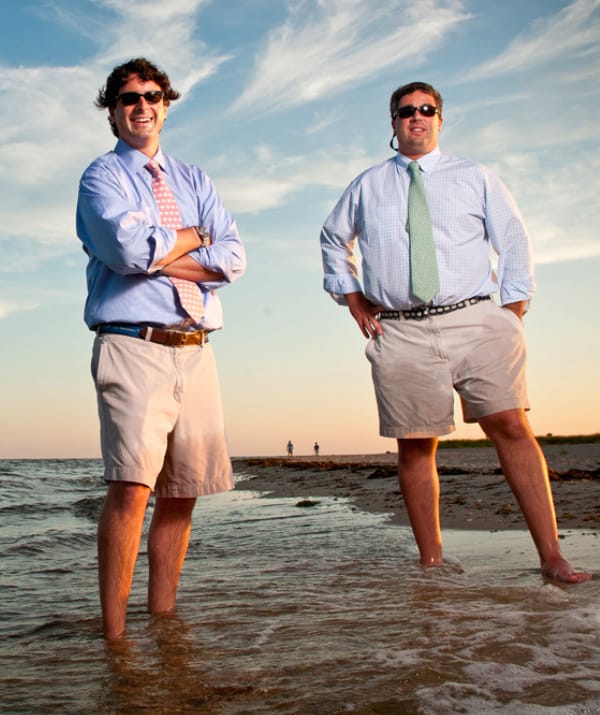Like most entrepreneurs, Katrina Lake never saw herself as an entrepreneur or starting her own company. Katrina Lake is the founder and CEO of Stitch Fix, and is now one of the wealthiest female entrepreneurs in the country.
After graduating from Stanford University studying economics and pre-med, Katrina worked at a consulting firm, focusing on retail and hospitality, which had yet to reach the digital revolution era. She realized that consumers found buying clothes online difficult because they had to go through millions of options available and pinpoint exactly which item they liked and would work for them. Katrina took this to heart and really thought how she could ease online shopping for consumers. Consumers are mainly concerned about style and fit of their clothes. After consulting and working as a venture capitalist, Katrina wanted to work for a company that would be the future for retail, but she realized that it did not exist anywhere as no one successfully merged fashion with data usage. So in 2009, she attended Harvard Business School to pursue a master’s degree in entrepreneurship.
For a class project at Harvard Business School, she used her findings from her consulting job with the troubles consumers had buying clothes online. Katrina desired to bring a better shopping experience into homes of women who did not have time to shop around or have access to a wide range of fashion options. She felt that shopping was broken, and at the time, e-commerce was not an ideal way to shop. So she asked herself what consumers really wanted out of retail, and came up with a personalized shopping service that uses algorithms and recommendations from stylists to curate boxes of clothing and accessories that matches a customer’s style and fit preferences.
For a small fee, customers would receive semi regular shipments based on their size, tastes, and information pulled from social media accounts like Instagram and Pinterest. What they want to keep, they are charged for, and what they do not like, they could return. This would combine the personal shopping tips she got from her sister and a Netflix style e-commerce model. This is when Stitch Fix was created.
Stitch Fix officially launched in 2011, and has experienced significant growth with 2.7 million customers and more than $1 billion in revenue. Katrina Lake was named number 55 on Forbes list of America’s Richest Self-Made Women. Today, Stitch Fix employs around 85 data scientists and more than 3,700 stylists. They have expanded their collection lines to not only women’s clothing, but men’s, kids, maternity, petite, plus size, and basics.
Through hard-work and innovation, Katrina Lake revolutionized the fashion industry through Stitch Fix. She was able to find a gap in online shopping and provide consumers with an easier and more convenient way to shop. Katrina introduced the market to personalized styling to the average customer, not just to the rich. Stitch Fix is reinventing the apparel industry and the way customers buy their clothes.
Find out how Stitch Fix started







 (and used their health plan just as much, they like to say). With their credit cards they used all they could to personally finance their dream of living the good life.
(and used their health plan just as much, they like to say). With their credit cards they used all they could to personally finance their dream of living the good life.